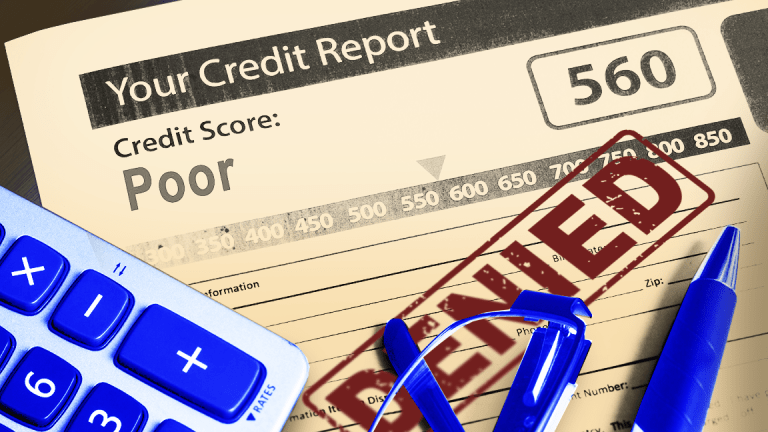A short sale will lower your credit score, but it depends on how many mortgage loans you have and the length of time the loans are delinquent. Generally speaking, if you have one mortgage loan and you are more than 30 days behind, you can expect your credit score to fall at least 100 to 150 points.
However, a major factor is how much debt you’re carrying on other items, such as credit cards, auto loans, and installment agreements. If you are behind on those payments too, then your credit score will fall even more.
The major advantage of a real estate short sale versus a foreclosure is that a short sale is a temporary setback to your credit, whereas a foreclosure is a long-term stain on your record. If you are foreclosed, the foreclosure is permanent in the county records for all to see. On many loan applications, there is a question asking if you were ever foreclosed. If you were foreclosed upon, then you jeopardize your ability to obtain a loan in the future.

Even if you are granted a loan, you will pay more in interest which could cost you tens of thousands of dollars over time. Some employment applications ask if you have been foreclosed in the past, so a foreclosure could affect your ability to land a job, particularly if it is a sensitive position.
A short sale is usually marked on your credit report as “Loan paid in full but not as agreed” or “Paid as negotiated.” That is equivalent to making a settlement with a credit card company. A short sale will not show up in the judgments section of your credit report.
On future loan applications, when asked if you were ever foreclosed upon, you can truthfully answer “no.” In many cases, if you are paying all your other bills on time and you have a relatively small amount of debt, then you could obtain a new mortgage loan about two years after the short sale of your house. If you value your credit and hope to obtain a mortgage loan, car loan, or college loan in the future, then a short sale is typically a better alternative than a foreclosure.



